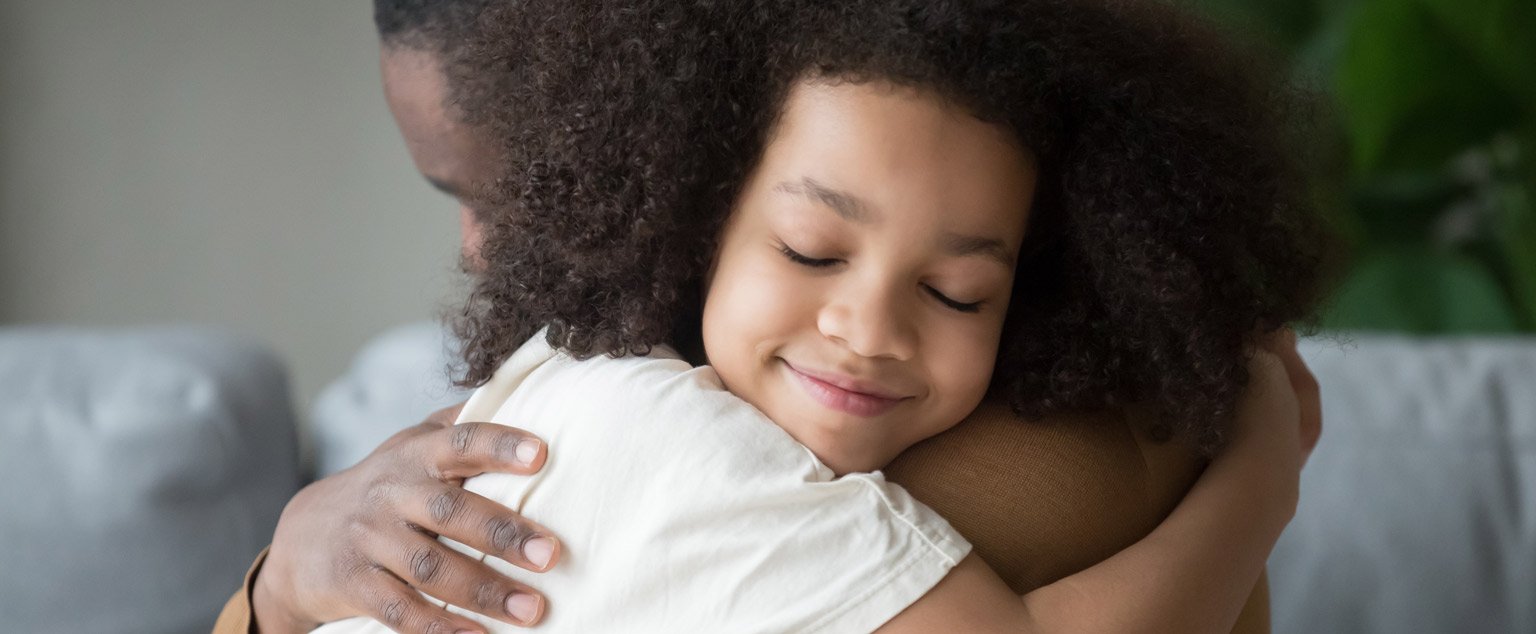8 Ways to Teach Your Children Gratitude

In a world where FOMO can be overwhelming, it's important to help our children recognise what they can be grateful for.
As parents, we want to raise generous, gracious and grateful children.
As our children grow through their primary years, their awareness of the world around them will develop as well as their recognition of what they may have or not have. As adults we're all aware of the green-eyed monster and for children growing up in such a complex world, this awakening of their external senses can result in stress as they see friends' rooms with Alexas and better stuff or FOMO (Fear of Missing Out) as they see perfect holidays, parties, cakes and more portrayed on Facebook or other social media.
The act of gratitude, is widely recognised to be a powerful force to learn to counter these feelings and can become a positive lifelong mindset of acknowledging the goodness in our lives.
Chances are, you're probably already teaching your child this skill and don't even realize it but here are eight key ways to start instilling this important mindset.
- Model It - Children are very sensitive to our reactions and learn from us, so don't be afraid to express your own gratitude. When you receive a gift from them, whether it is a piece of a cookie or a misshapen trinket with pieces falling off, thank your child profusely. How you react to your child's acts of kindness impacts their development around gratitude. Let your child see you thanking others too, whether it's the shop assistant, the bus driver, or their teachers.
- Talk About your Best Bits - Instil a routine of talking about the best bits of your day at dinner, with each family member sharing something good. If evenings don't work with your routine, you can also have similar chats at breakfast discussing what you're most looking forward to in the day. Both help focus their attention on the wonderful lives we get to lead and helps encourage gratefulness.
- Be Time-Generous - The biggest gift you can give your child is quality time together. A child who gets to spend time with a parent will feel special and cared for. This typically leads towards gracious attitudes with others.
- Engage in Projects that Help Others - Have your child help others by delivering food to a sick friend or grieving neighbour. Perhaps they could make a card for a relative in the hospital. When children's actions are received with gratitude, they often want to do more.
- Don't Force It - If a child is disappointed with a gift, and the gift giver is present at the time, it can create an awkward moment for parents. Ease the awkwardness with a sympathetic comment if you can. Lines like; "Ben is learning how to show thanks. We aren't all the way there yet but thanks so much for your gracious gift." Explain to Ben later how important it is to say 'thank you' and suggest ways to say thank you even if it's not what they wanted.
- Thank You Notes - Expressing sincere thanks feels good to both parties. You can help your child to write a thank you note, draw a 'thank you' picture, or even bake a thank you treat after receiving something. Remember, the point of this practice - sincere thanks - is lost if the project becomes forced. Keep it simple and fun and focus on how good the person receiving the thanks will feel.
- Consider the Impact of Materialism - Limit how much your child watches TV and online videos where there is constant exposure to new products to buy. Sometimes give gifts of time and an experience together, like a museum trip, theatre visit or zoo membership, instead of the latest toy or gadget.
- Adopt a Grateful Attitude - Everyone appreciates a grateful attitude. Look for little ways to encourage gratefulness and thankfulness that fit with your family's style and values and can become part of your routine.
---
Bright Horizons Work+Family Content Team





